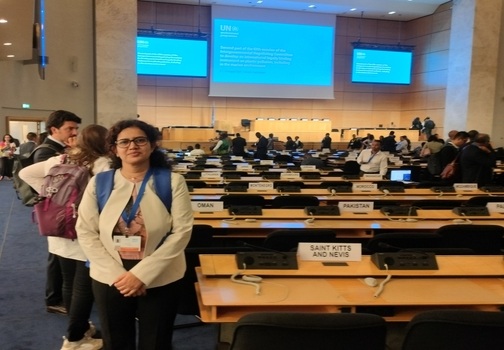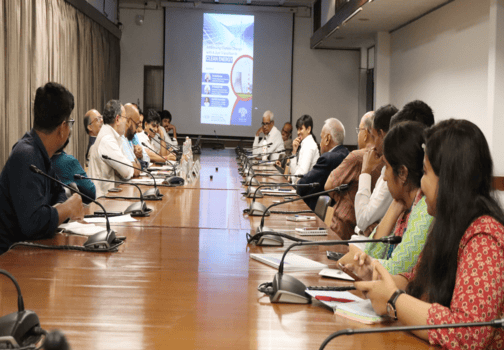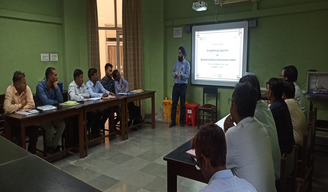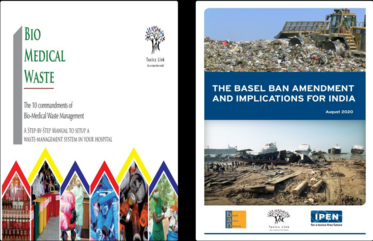As cities in India reel under the pressure of unplanned urban growth, waste management has taken a backseat. When action is taken, it is to bring in imported ‘solutions’ which have been discarded in the country of their origin! To take one instance, An incinerator installed at a cost of several crores at Timarpur to handle waste from North Delhi packed up within a week of commencing operations, as the mix of waste that was being fed into it was beyond of its handling capability.
Through active national campaigning and building public opinion, Toxics Link (TL) has been able to bring awareness on the environmental impact of such technologies, extended producer responsibility, the benefits of community-based waste management, as well as the impacts on traditional and informal sector recycling processes.
TL’s campaign is backed by a Ford Foundation-funded project that documents successful community waste management systems across the country.
It is also engaged in implementing a solid waste management programme in one middle income group settlement in Delhi, in order to get first-hand experience and knowledge regarding the factors that pose hindrances in upscaling decentralised community-based waste management programmes.
The first specific rules on managing municipal solid waste were introduced by the Government of India as the Municipal Solid Wastes (Management and Handling) Rules, 2000. These rules applied to every municipal authority responsible for collection, segregation, storage, transportation, processing and disposal of municipal solid wastes.
In 2016, the Ministry of Environment, Forest and Climate Change introduced Solid Waste Management Rules, 2016 in the supersession of the Municipal Solid Wastes (Management and Handling) Rules, 2016. These rules apply to every urban local body, outgrowths in urban agglomerations, census towns as declared by the Registrar General and Census Commissioner of India, notified areas, notified industrial townships, areas under the control of Indian Railways, airports, airbases, Ports and harbours, defence establishments, special economic zones, State and Central government organisations, places of pilgrims, religious and historical importance as may be notified by respective State government from time to time and to every domestic, institutional, commercial and any other non residential solid waste generator situated in the areas except industrial waste, hazardous waste, hazardous chemicals, bio medical wastes, e-waste, lead acid batteries and radio-active waste, that are covered under separate rules framed under the Environment (Protection) Act, 1986.






